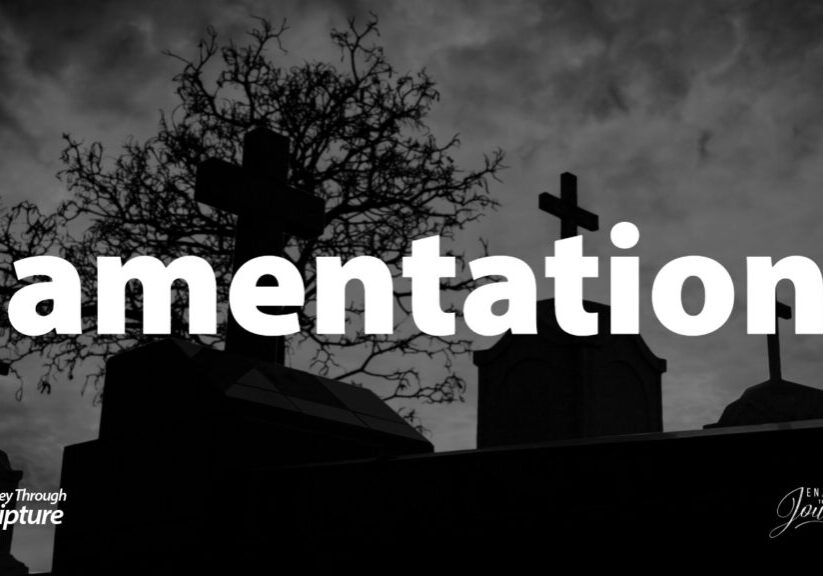
“I beseech you therefore, brethren, by the mercies of God, that ye present your bodies a living sacrifice, holy, acceptable unto God, which is your reasonable service” (Romans 12:1).
A Snapshot of the Life of Frances Ridley Havergal:
Born: Dec. 14, 1836 – Astley, England
Died: June 3, 1879 – Swansea, Caswall Bay, WalesHymn writer and one of history’s most devoted women. Frances was converted at age 15 through the witness of Miss Cooke, who became her stepmother. She knew five languages English, French, German, Italian and Latin, and read the Bible in its original languages, Greek and Hebrew. Frances sang, composed music, played the piano, was active in Sunday School, and helped the poor. She was often in poor health and was very frail. She wrote several hymns, including “True Hearted”, “I Gave My Life for Thee,” 1858 (Bliss), “Like a River Glorious,” 1874, “Take My Life, and Let It Be,” 1874, “Lord, Speak to Me”, and “Who Is on the Lord’s Side?”. She contributed to Good Words and other English journals. Frances’ writings ranged from The Ministry of Song (1870) to Poetical Works (pub. 1884). Kept for the Master’s Use is her best known work. She died of peritonitis. – (Excerpt taken from the Reese Chronological Encyclopedia of Christian Biographies. Used by permission.)
A Spiritual Application for Our Lives:
Frances Ridley Havergal was a famous hymn writer and singer. Raised in a preacher’s home, her talent was recognized very early in life. Her father was both a faithful pastor and a mighty singer/songwriter. Early on he encouraged her to pursue her love and gift of music. However, she did not merely write hymns. She was an earnest student of the Word of God.
In the study of Scripture, Havergal realized just how precious the Savior is. All who study the Bible and apply its Truth must soon realize how glorious the Lord Jesus is. How quickly we are all prone to forget that “Christ also hath loved us, and hath given himself for us an offering and a sacrifice to God”(Ephesians 5:2)? Frances became fervent in surrender. Her hymns are packed with lyrics that demand a response. Her songs constantly turn the focus on our response to the worthiness of Jesus.
However, surrender is not a one-time event; it is a way of life. Havergal writes, “All true surrender of the will is based upon love and knowledge of, and confidence in, the one to whom it is surrendered.” So what of Christ? How is it we struggle to surrender to His will? His love is perfect, He has never failed, and He has given us his Word that we may know Him.
In her amazing book, Kept for the Master’s Use, Havergal walks through her famous song “Take My Life” and applies it to daily Christian life. It is a remarkable and convicting read. In particular, she spends time explaining how our hearts become surrendered to God by prayer. Reflectively she wrote, “Prayer must be based upon promise, but, thank God, His promises are always broader than our prayers.” What a wonderful truth to meditate upon today!
Let us not miss the profound question that Havergal poses to us: Christ gave Himself fully for us, must not we give ourselves fully to Him? May the Lord help us to consecrate our lives entirely to God’s will. While never strong physically, Frances was strong in the truth of God. We do well to remember just how mightily God can use the humble offerings of a devoted life. Determine to keep yourself for the Master’s use today!
A Suggestion for Further Reading…
Kept for the Master’s Use by Frances Ridley Havergal (1879)
Click here to read the story behind her hymn I Gave My Life For Thee
Discover more from Enjoying the Journey
Subscribe to get the latest posts sent to your email.






